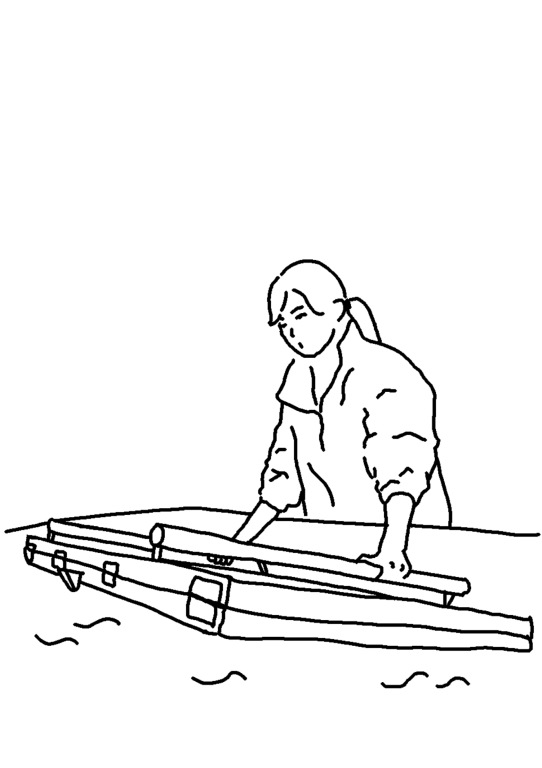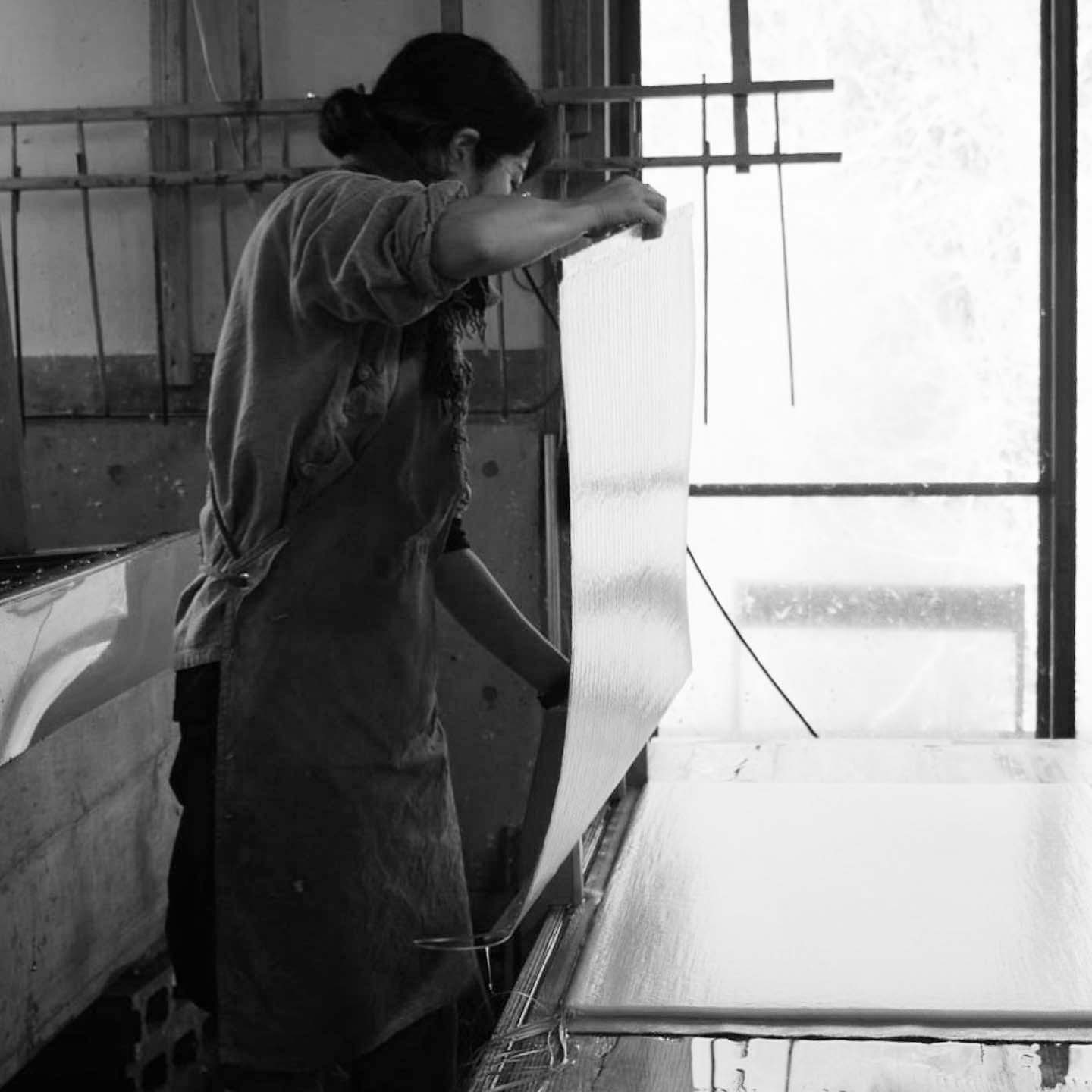“カミノタネ”(”Kaminotane”)
Kami means both Paper and God in Japanese.
Seeds of Paper/Seeds of God
"Continue to sow seeds and do so with prayer so the seeds may prosper.”
"In the morning sow your seed, And in the evening do not withhold your hand; For you do not know which will prosper, Either this or that, Or whether both alike will be good.." Ecclesiastes 11:6
Since coming to Kochi, I have been learning how to make paper little by little. Many unprecedented things have occurred and helped create the person I am today.
Up to this point many people have encouraged and supported me, as if sowing seeds in the earth. Some of these seeds have sprouted and grown, and I feel like I am given life thanks to them. Just as good seeds were sown and nurtured within me, I hope I can sow seeds for the future through paper and the life given.
Although I can’t say which of the seeds I sow will sprout and grow, I believe God will nurture the good ones. In this faith I will keep sowing seeds for the future; I have hope that things will change for the better by continuing to pray and take action.
With this hope in mind,
I have decided my shop name "Kaminotane."
Kaminotane
Myu





